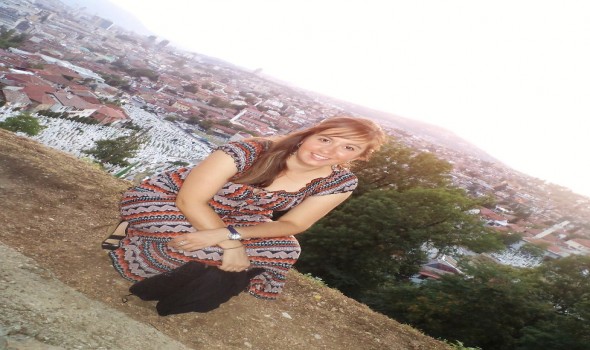The Power Of Listening - overcoming trauma
The Power Of Listening - overcoming trauma

Emina Hadziosmanovic was a child when she fled to the UK in 1992 to escape the siege of her home town, Sarajevo. She tells Nishit Morsawala that her degree enabled her to “finally understand why I was where I was, studying psychology and what I wanted to do with it. I was motivated to help others achieve this understanding and to move forward with their own lives.” Emina Hadziosmanovic grew up in an environment of war and trauma in Bosnia-Herzegovina, and as a result “always had a desire to understand why the war had happened and how humans can be capable of such despicable actions. “I was exposed to the consequences of trauma on a daily basis — at home, in the Bosnian community, watching the television.” Today in Britain she is deeply involved in helping other refugees from all over the world deal with their own traumas. She is doing a PhD in clinical psychology at Nottingham University and is a successful author. She also works with elderly and disabled refugees from Bosnia-Herzegovina and helps younger members of the community get access to further education and employment. “What I most value about my outreach activities is probably the power of just listening in the healing process for individuals traumatised by war and conflict,” she says. “I began to realise that through this process of talking, they were beginning to heal.” As a result, she plans to set up a community organisation that offers a new treatment — Narrative Exposure Therapy — for traumatised refugees in the UK: “I believe it has immense therapeutic power.” Now 26, Hadziosmanovic arrived in Britain as a four-year-old: “I remember thinking that people were all speaking a strange language ... once I learnt English, I experienced some racism in the early years of primary school because of the way I spoke and where I was from. “Many children at school and indeed their parents had not heard of Bosnia and the fact that we had escaped a war zone.” Nevertheless, “The UK was very welcoming in the 1990s. The general public was somewhat more understanding and various organisations would invite us to celebrate Christmas or Easter with them or would take us out on trips. This was a very positive experience which no doubt helped us to assimilate.” Though herself a living testimony to the huge potential of refugees and asylum-seekers, she is critical of current media coverage of these groups, which she says “has made the process of becoming a refugee to the UK even more difficult that 20 years ago. “I feel that we were more accepted as refugees by the British Government and society than some individuals who seek asylum today. I feel sad that the racism I experienced as a young child is only increasing in our country now and people are less well accepted and integrated into this society,” says Hadziosmanovic, whose award-winning novel addressed her experience of exile and integration.
Photo by Jason Wen, Spot of Bother


